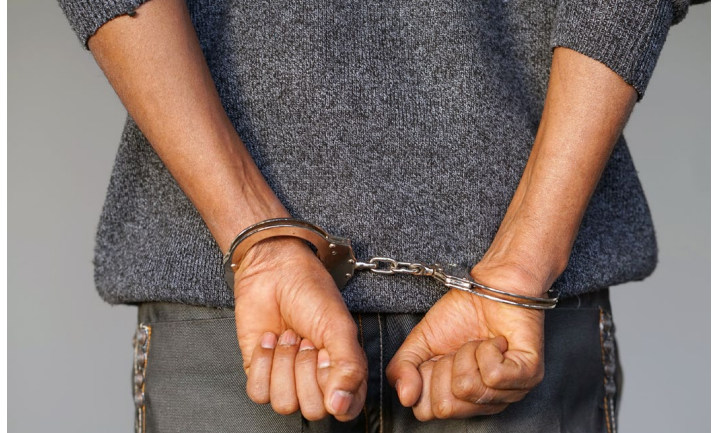A look at IPOA and its mandate

The Independent Policing Oversight Authority (IPOA) was established in order to allow for civilian control of the work of the police in Kenya. Its establishment was a result of years of efforts to reform a police force that had a history of political meddling, incompetence, and widespread violation of civilians’ human rights in the hands of the police.
The main purpose of IPOA is to hold the police accountable to the public in how they carry out their duties; give effect to Article 244 of the Constitution which states that the police shall uphold professionalism and discipline; encourage and practice transparency and accountability; and ensure independent oversight of the Service’s complaint handling procedures.
IPOA has many functions, they include:
i. Investigate any complaints related to disciplinary or criminal offenses committed by any member of the Service;
ii. Receive and investigate complaints by members of the police service;
iii. Monitor and investigate policing operations affecting members of the public;
iv. Monitor, review and audit investigations and actions taken by the Internal Affairs Unit of the police service in response to complaints against the Police and keep such records;
v. Inspections of police premises;
vi. Co-operate with other institutions on issues of Police oversight;
vii. Review the patterns of Police misconduct and the functioning of the internal disciplinary process;
viii. Present any information it deems appropriate to an inquest conducted by a court of law;
ix. Take all reasonable steps to facilitate access to the Authority’s services for the public;
x. Publish findings of its investigations, monitoring, reviews and audits as it sees fit;
xi. Make recommendations to the police service or any State organ;
xii. Perform other functions as may be necessary for promoting the objectives for which the Authority is established.
From the main functions of IPOA, the greatest responsibility that the Kenyans placed on the shoulders of IPOA is to safeguard their interest since there has been loss of confidence on the policing due to many incidences of excesses. As IPOA guards the public interest in policing, there is a need to bridge that gap and rebuild public trust and confidence in policing since internal security is critical to our well-being.
Over the years, incidences of police excesses continue to rise. Most of these cases underscore how IPOA has been struggling to fulfil its mandate to hold police to account. Despite the hundreds of cases reported, IPOA has managed 14 convictions, with the first conviction in 2016 where the two accused persons were convicted of manslaughter and each sentenced to 7 years and the most recent one in July, 2021 where the accused was sentenced to 20 years in prison.
Recently, IPOA stated that it is still looking into the 112 alleged victims of forced disappearances and further, almost 3 months later, IPOA stated that it is still looking into the mysterious disappearance of two Indian citizens and their driver. The officers of the Special Service Unit, which was later abolished, are thought to have been behind the kidnapping of the Indian nationals. This raises concerns regarding the effectiveness of IPOA as a police accountability measure.
From a recent interview of the chairperson of IPOA, Ms Ann Makori, a question was poised on performance of the oversight authority. According to Ms Makori, a number of civilians and the police have benefited from IPOA. One of the interventions of IPOA was the recommendation on decent and affordable housing for the police officers, decent motor vehicles and petty cash maintenance at the police stations. Other recommendations from IPOA that have been adopted are in regard to police stations hygiene and availability of water and electricity.
In as much as these are good steps in terms of the welfare of the members of the police service, there is much that is needed to be done in exercising oversight and building public trust with the police and further to oversight in ensuring that NPS is held accountable for their actions and that they strive for the highest level of professionalism and discipline, under Article 244 of the Constitution.
Stakeholders such as Internal Affairs Unit (IAU), National Police Service Commission (NPSC), National Assembly especially the Departmental Committee on Administration and National Security and the Departmental Committee on Defence and Foreign Affairs, the judiciary, Kenya National Commission on Human Rights (KNCHR), National Commission on the Administration of Justice (NCAJ) and civil society organizations which are an important external form of oversight and accountability in security governance should join hands with IPOA in order to strengthen policing oversight and investigations in Kenya.
Ms Makori appealed to the public to volunteer and offer the information required to support the investigations IPOA is currently undertaking and further committed that the authority would treat the information with the utmost discretion and guaranteed the safety of the whistleblowers.

